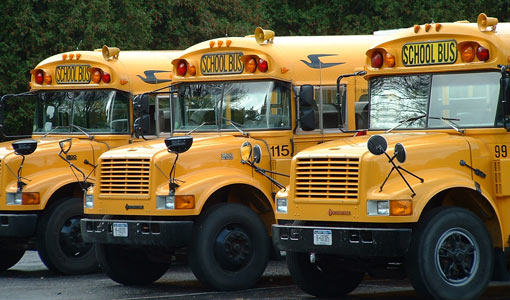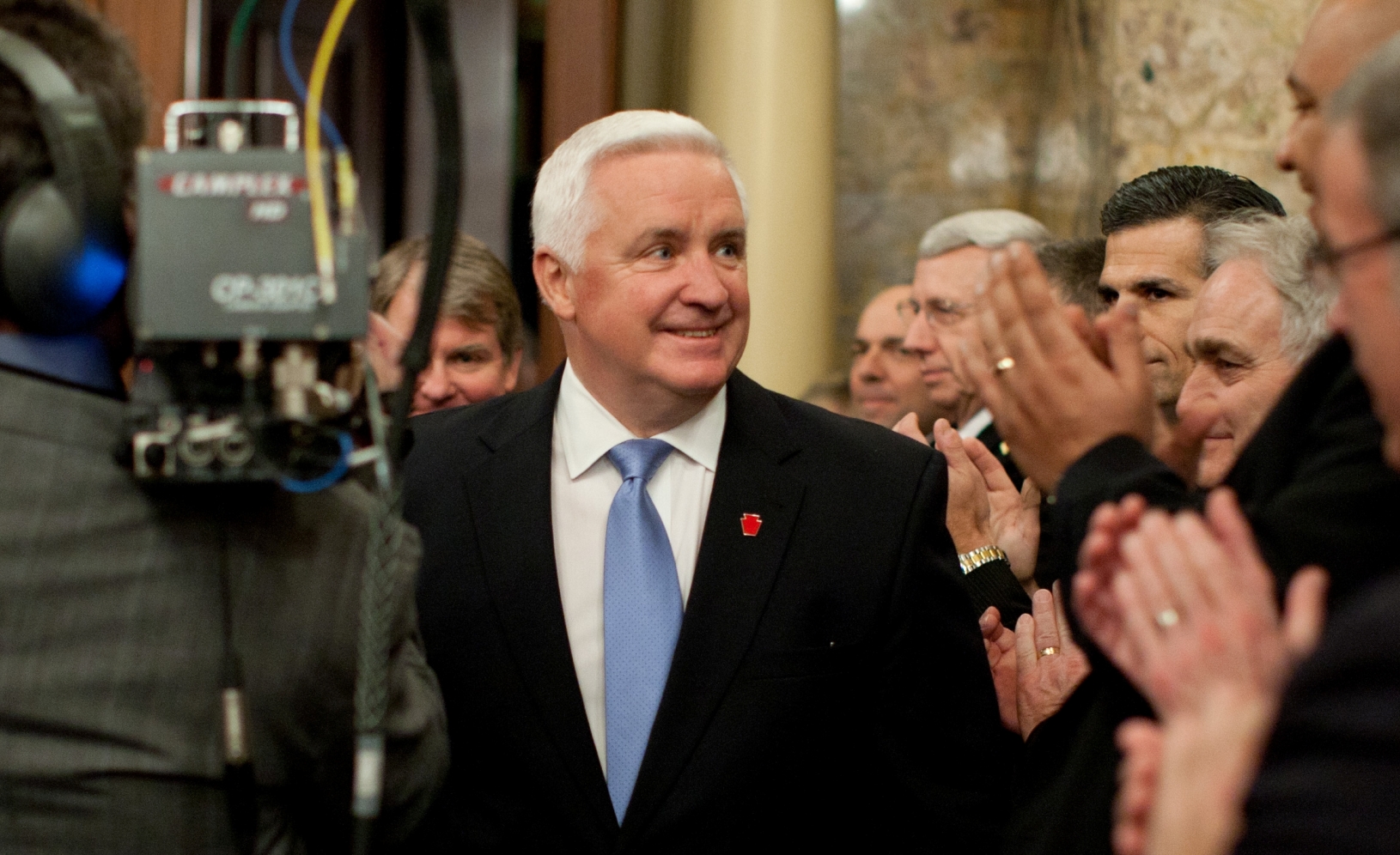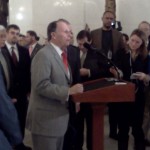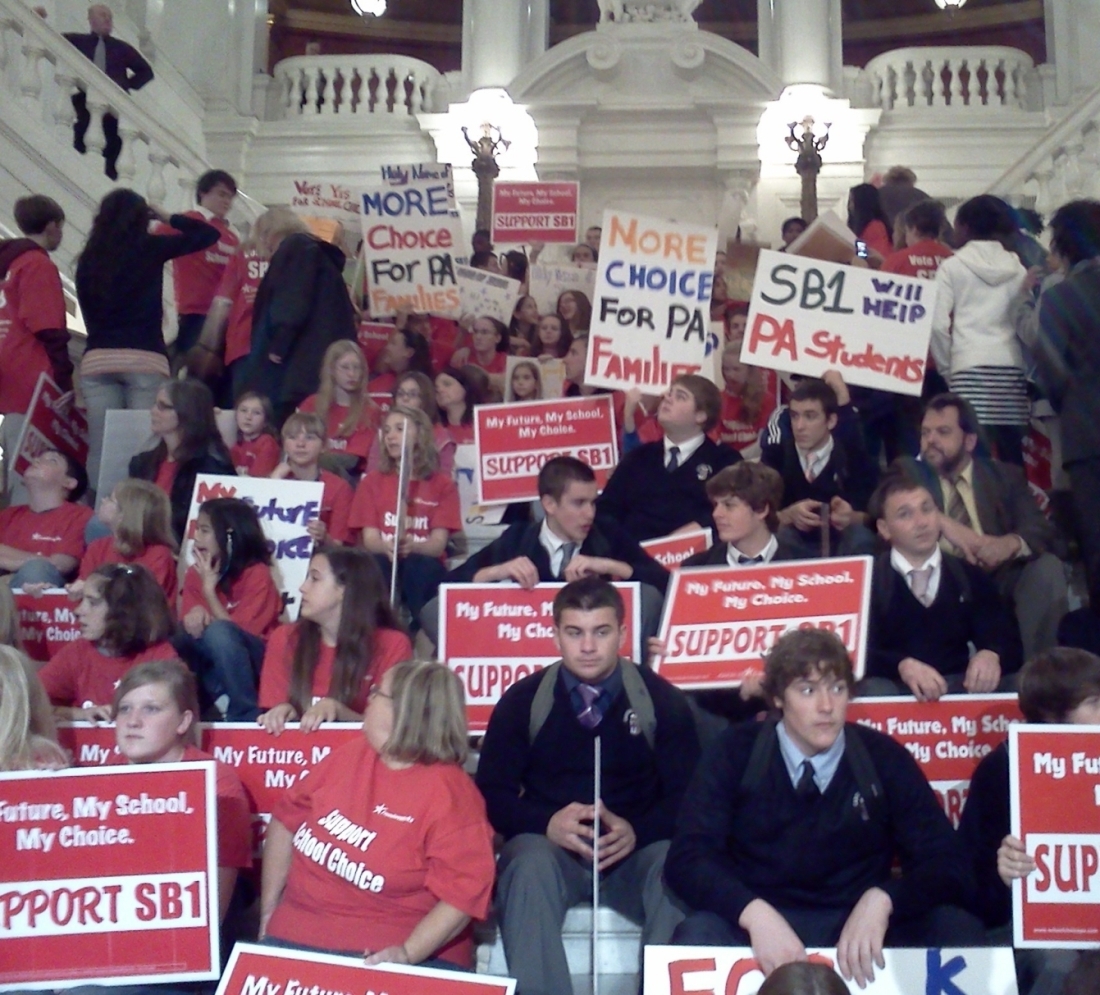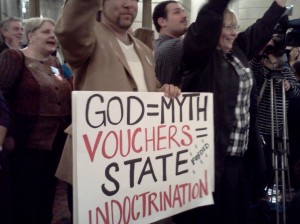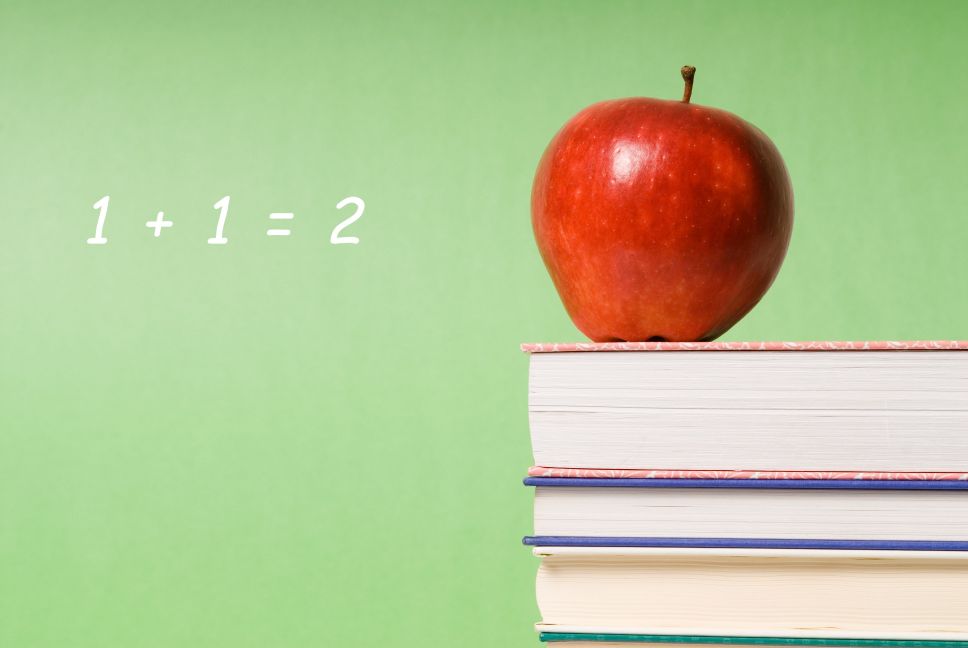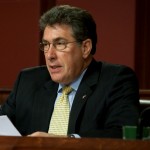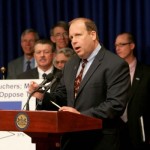Should Pennsylvania Schools Get Report Cards Too?
Schools have always issued report cards grading our students, but new legislation would require the state to issue report cards grading our schools too. Under HB 1300, schools and school districts would receive a letter grade – A through F – every year.
“Coupled with providing options in education, providing this data to parents just really empowers them to get involved and make those decisions about their child’s education,” explains Ashley DeMauro, state director of StudentsFirst. “So I think as long as we’re empowering parents, obviously, it will have a positive impact.”
All public schools would be subject to the proposed new grading system, including charters and cyber charter schools.
DeMauro says the letter grades would be based on multiple data measures, including students’ test scores and schools’ progress in closing achievement gaps. The state already generates the data, but DeMauro recognizes that it’s often difficult to analyze. She believes a school report card would paint a clear picture for parents, students and taxpayers.
A spokesman for the Pennsylvania School Boards Association (PSBA) says the group has not conducted a thorough analysis of HB 1300, but suggests it would be unnecessary based on work the state is already doing to implement the PA School Performance Profile website. DeMauro, however, says the bill was actually crafted to enhance the forthcoming SPP.
In an email, the state Department of Education press secretary tells Radio PA the governor has been a supporter of making sure that parents understand the quality of the schools their children attend. “The Governor would like to have a system that is easily understandable to all Pennsylvania families. The administration will review this proposal,” the statement concludes.
This is not a new issue, conceptually, but it is the first time such legislation has been introduced in Pennsylvania’s General Assembly. The bill was just introduced this month and has been referred to the House Education Committee.


